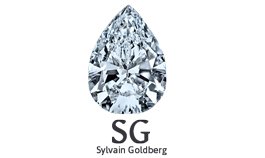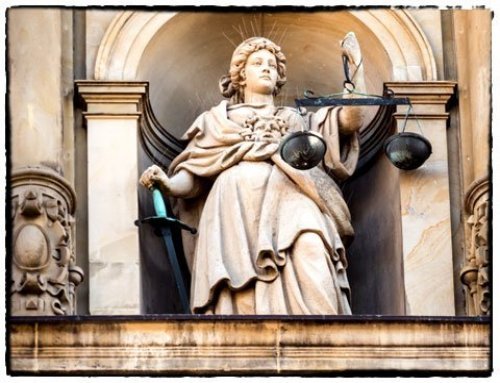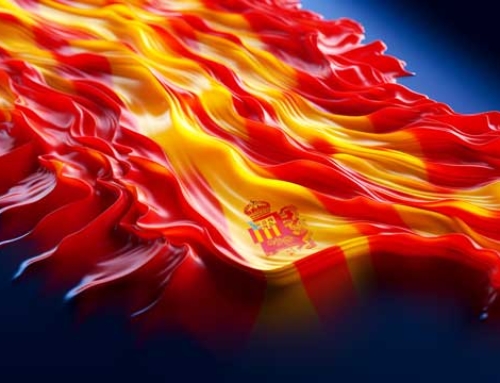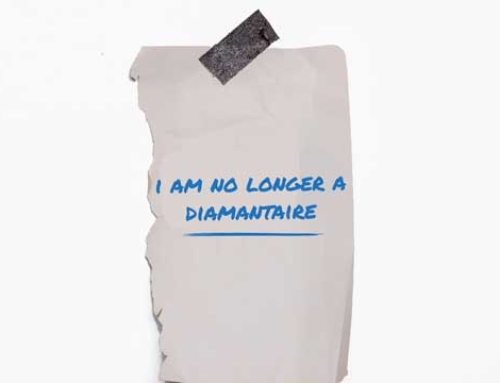The current sanctions on Russian diamonds have created a “murky situation” for the industry, Jewelers Vigilance Committee (JVC) president and CEO Tiffany Stevens and deputy general counsel Sara Yood said during an April 26 seminar at the American Gem Society Conclave in Oklahoma City.
On April 8, the U.S. Treasury’s Office of Foreign Assets Control (OFAC) put Alrosa on its Specially Designated Nationals (SDN) list, which means no U.S. company can have dealings with the Russian diamond miner. But it’s still not clear if that designation will impact U.S. companies whose overseas parents may have dealings with Alrosa.
“We haven’t gotten the rules and fine print,” Stevens said. “The U.S. Treasury is overloaded and understaffed. We are not their first priority.”
But Yood said that a “U.S. business that is owned by a foreign company that is an Alrosa Alliance member might be subject to sanctions if their parent company is deemed liable for secondary sanctions.”
Any business in that position should consult a “sanctions lawyer,” she added.
Under current regulations, it is not legal to buy rough or polished diamonds directly from Russia. However, if those diamonds have been “substantially transformed” elsewhere—including India, where most diamonds are cut—they are still legal to import. Some have called that rule a loophole and want it changed, but for now, that’s where the situation stands.
At some point, the current restrictions could change into a full-fledged ban on Russian goods, warned Stevens and Yood. If that happens, it’s not clear if a ban would apply to smaller diamonds, whose movements are extremely difficult to monitor.
“We have raised the melee issue with government officials,” said Yood. “They are aware that melee is extremely hard to trace, it doesn’t make a lot of money for Alrosa, and the real cost in melee is in the cutting. They are aware of that. I don’t know what they are going to do.”
Current sanctions do not apply to lab-grown diamonds or colored gemstones.
“Lab-grown is not really in the mind of people doing sanctions,” said Stevens. “The FTC removed the word natural from its definition of diamond, but that was apparently just for advertising purposes. What we’re more likely to see is more targeting of Russian gold.”
In addition, companies are free to go beyond current sanctions, Stevens said.
“That’s a business choice,” she said. “Retailers are allowed to ask their suppliers not to sell Russian diamonds.”
Stevens noted that OFAC has a hotline that industry members can call for guidance.
All calls are anonymous, but if companies still don’t feel comfortable calling the hotline, the JVC can call for them.
“OFAC is hungry to hear the problems of our industry,” she said.
Stevens said that, even if the war in Ukraine ends, the industry might still have issues with Alrosa.
“It’s very hard to get off the SDN list,” she said. “Osama bin Laden is still on the list.”
Currently, U.S. sanctions apply to companies that are 50% owned by those on the SDN list. For the moment, that means they don’t apply to the Catoca diamond mine in Angola, which is 40% owned by Alrosa, unless the diamonds are sourced directly from Alrosa, Stevens said.







